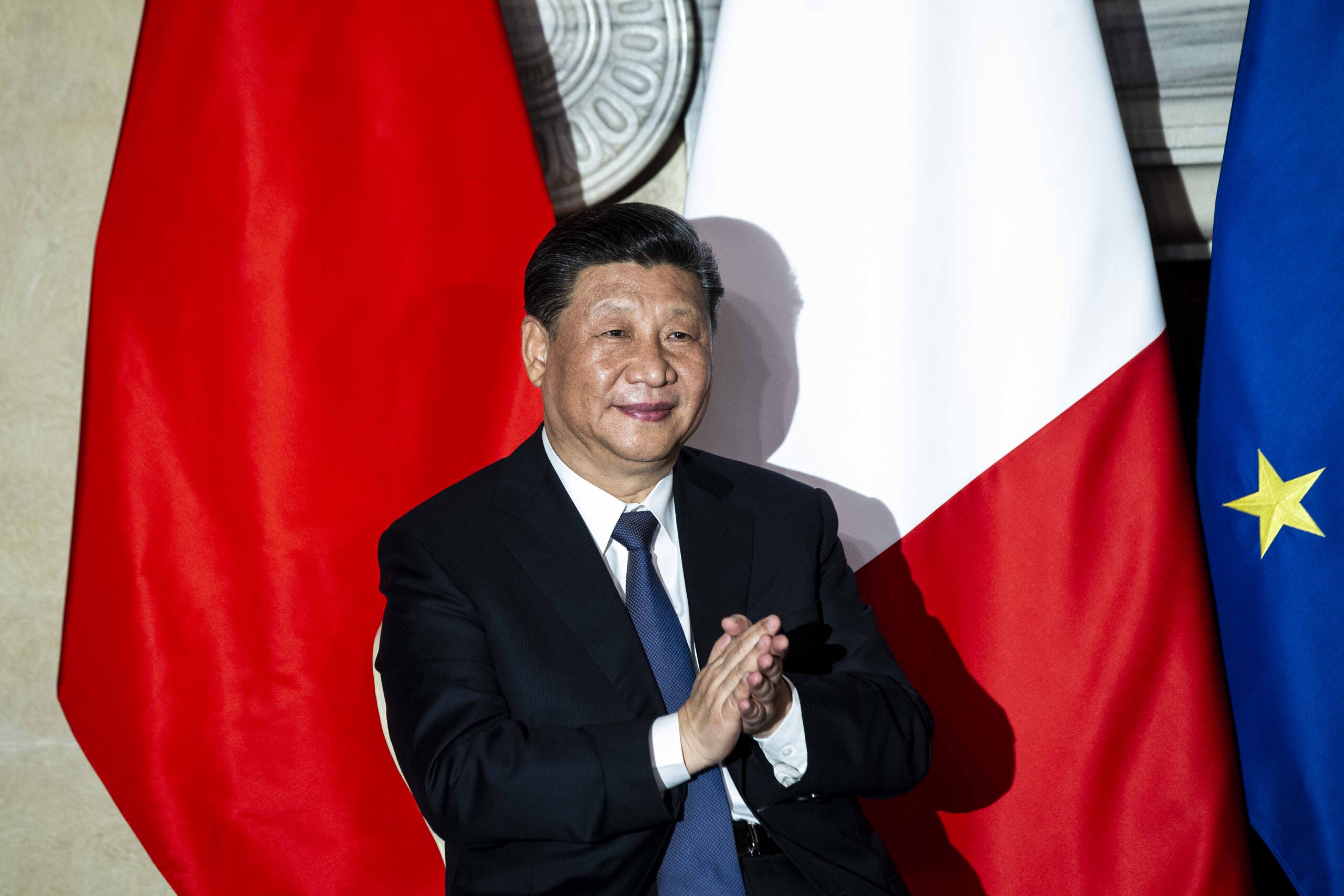What will China do to dominate the lithium and cobalt markets

China is preparing to tighten its grip on metals critical to the ecological transition even more: here are all the plans for lithium and cobalt in batteries
According to a study by the Swiss investment bank UBS, China could come to control nearly a third of global supplies of lithium by the middle of the decade.
This is a significant figure, because lithium is a crucial metal – it is in fact defined as a "critical mineral", together with cobalt or nickel – for the energy transition: it is used in the batteries that power electric vehicles and which allow the storage of electricity produced by photovoltaic panels and wind turbines.
CHINA'S LITHIUM QUOTAS
In 2022, according to UBS, China held 24 percent of the world's lithium supplies. In 2025 it could bring the share to 32 percent through an increase in production in the mines under its control, particularly in Africa: the quantities extracted would go from 194,000 tons last year to 705,000 tons.
China is the world's largest market for so-called "new energy vehicles", an umbrella term that also includes electric cars, and needs to secure sufficient quantities of lithium for batteries.
THE WORLD CRITICAL MINERALS RACE
The energy transition has triggered a veritable “race” for critical minerals. The United States and the European Union , in particular, are working to ensure security of supplies of these raw materials and reduce the risk of excessive dependence on China.
– Read also: Raw materials and China: all the risks of the European Green Deal explained to the European Parliament
Beijing alone is worth 58 percent of the world's raw lithium refining, 35 percent of nickel, 65 percent of cobalt, 71 percent of graphite, and 80 percent of global refining. Rare Earth Supply.
IS LEPIDOLITE THE KEY TO LITHIUM?
UBS explains that the increase in Chinese production of lithium will also depend on a greater focus on lepidolite: it is a rock that contains lithium but in low concentrations, and therefore its processing is often considered inconvenient from an economic point of view. Lithium can also be extracted from spodumene, another mineral.
Government support – particularly in Jiangxi province – should lead to an increase in the amount of lithium extracted from lepidolite in China: in 2025 the country could reach 280,000 tons, compared to 88,000 tons in 2022.
THE GREAT LEAP FORWARD IN COBALT
In the coming years, China will not just tighten its grip on lithium: according to Darton Commodities it will also become increasingly important in the cobalt market, another critical "ingredient" for batteries. Already today, Beijing accounts for 44 percent of world production of this metal, but in 2024 it will have come to control half of it, despite attempts by Western countries to enter the supply chains of critical minerals.
Chinese refineries processed 140,000 tons of cobalt in 2022, more than double what they did five years ago; in the same year, the rest of the planet processed just 40,000 tons.
THE BIGGEST MINES
According to Darton Commodities, global cobalt output grew by 23 percent year-on-year in 2022, thanks mainly to increased production at the Mutanda mine, the largest in the world: it is located in the Democratic Republic of Congo and is managed by the Swiss company Glencore .
Cobalt is often obtained as a by-product of the extraction of copper and nickel, two other metals useful for the energy transition: the first is used to make the electric cables that connect the renewable plants to the grid, the second for the batteries.
The second largest cobalt mine is Tenke Fungurume: copper is also extracted there and is also found in the Congo, but is managed by the Chinese company CMOC. The site should resume cobalt exports shortly, given the resolution of a tax dispute between the company and the Congolese authorities that led to an export ban last July.
PRICES AND THE CHINESE STRATEGY
As a result of a significant gap between supply and demand – the former grew much more than the latter in 2022, given the sluggish sales of electronic devices and the Chinese economic difficulties – the upward trend in international cobalt prices has reversed: the last May a pound of cobalt cost £40; today it costs 16.
When prices are low, China usually buys large quantities of metals through the State Reserve Bureau, which it then stores and eventually releases to the market to influence its performance.
This is a machine translation from Italian language of a post published on Start Magazine at the URL https://www.startmag.it/energia/cina-controllo-litio-cobalto/ on Sun, 19 Mar 2023 06:43:53 +0000.
